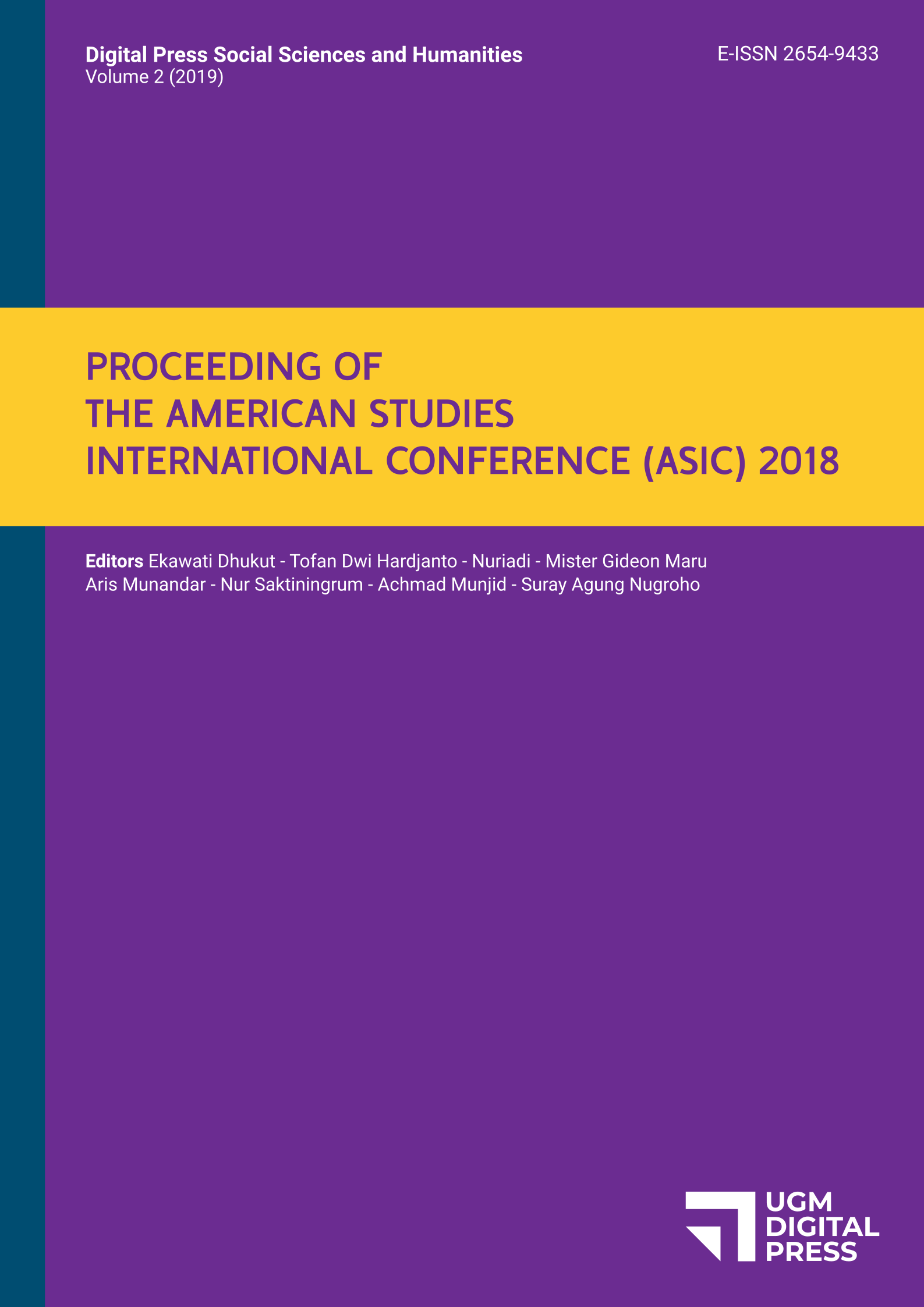Resistance and Local Control of American Multicultural Education in the Era of Globalization
Irma Febriyanti
American Studies Doctoral Program. The Faculty of Cultural Sciences, Universitas Gadjah Mada
irma.febriyanti@mail.ugm.ac.id
Abstract
This paper focuses on the process and result of creating a local control and the development of American schools in Newark, New Jersey. Being poor and insecure neighborhoods, Newark also has a 25 percent higher crime rate than the national average in the US which affects the school system, especially to the minorities. A disproportionate impact on minorities happens because of Newark’s population is 75 percent Black and Hispanic. As the ¾ part of the population, the minorities in Newark had not been able to decide their school system based on the locals’ needs. As a result, for decades, the education was mired by corruption, crumbling facilities, and low-performing students. There has been a debate about how the residents of Newark may be able to control Newark Public Schools and why they should gain control of their school board. Being able to regain control of its school board means having their rights to education granted: to adapt and experience American education equally. Controlling the school board has been central to Newark public schools since it is the only way to produce school policies. Globalization in education is not only a global movement of cultural influences, but also the framework of U.S. public schools for its multiculturalism as the country develops its public education system. Therefore, the question asked by this paper is that how education policies can be obtained.
Keywords
Newark, local control, American public schools
References
irma.febriyanti@mail.ugm.ac.id
Abstract
This paper focuses on the process and result of creating a local control and the development of American schools in Newark, New Jersey. Being poor and insecure neighborhoods, Newark also has a 25 percent higher crime rate than the national average in the US which affects the school system, especially to the minorities. A disproportionate impact on minorities happens because of Newark’s population is 75 percent Black and Hispanic. As the ¾ part of the population, the minorities in Newark had not been able to decide their school system based on the locals’ needs. As a result, for decades, the education was mired by corruption, crumbling facilities, and low-performing students. There has been a debate about how the residents of Newark may be able to control Newark Public Schools and why they should gain control of their school board. Being able to regain control of its school board means having their rights to education granted: to adapt and experience American education equally. Controlling the school board has been central to Newark public schools since it is the only way to produce school policies. Globalization in education is not only a global movement of cultural influences, but also the framework of U.S. public schools for its multiculturalism as the country develops its public education system. Therefore, the question asked by this paper is that how education policies can be obtained.

